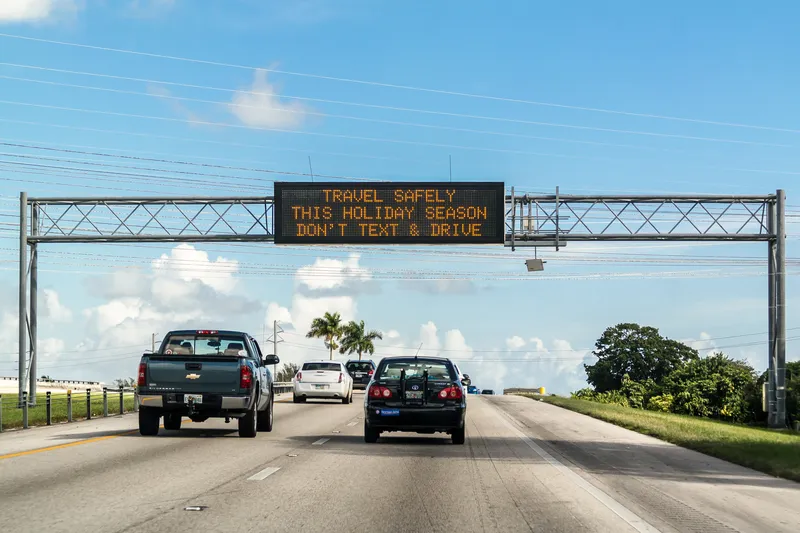US Senators Cory A. Booker and Deb Fisher, members of the Senate Committee on Commerce, Science, and Transportation, have sent a bipartisan letter to National Highway Traffic Safety Administration (NHTSA) administrator Mark Rosekind to request an update on agency policies related to automated vehicle technology and to urge the NHTSA to embrace policies that promote innovation in and the improved safety benefits of the technology. “These technologies promise to significantly reduce roadway accidents, shorten
March 23, 2015
Read time: 2 mins
US Senators Cory A. Booker and Deb Fisher, members of the Senate Committee on Commerce, Science, and Transportation, have sent a bipartisan letter to 834 National Highway Traffic Safety Administration (NHTSA) administrator Mark Rosekind to request an update on agency policies related to automated vehicle technology and to urge the NHTSA to embrace policies that promote innovation in and the improved safety benefits of the technology.
“These technologies promise to significantly reduce roadway accidents, shorten commutes, and increase productivity for the American people in the coming years. We look forward to working with the National Highway Traffic Safety Administration (NHTSA) to accelerate the safety benefits of this technology and encourage states as they consider its potential,” the senators wrote.
In order to ensure that Congress effectively partners with the NHTSA, the senators requested answers to questions such as : what steps the NHTSA is taking towards finalising a policy on automated vehicles that embraces innovation and improved safety benefits; How NHTSA is providing guidance to states on the safe exploration of this new technology; What guidance NHTSA is providing to industry on the submission of requests for interpretation regarding the application of FMVSS to autonomous vehicle technologies; and hat barriers exist to the research and integration of autonomous vehicles that Congress could address.
“These technologies promise to significantly reduce roadway accidents, shorten commutes, and increase productivity for the American people in the coming years. We look forward to working with the National Highway Traffic Safety Administration (NHTSA) to accelerate the safety benefits of this technology and encourage states as they consider its potential,” the senators wrote.
In order to ensure that Congress effectively partners with the NHTSA, the senators requested answers to questions such as : what steps the NHTSA is taking towards finalising a policy on automated vehicles that embraces innovation and improved safety benefits; How NHTSA is providing guidance to states on the safe exploration of this new technology; What guidance NHTSA is providing to industry on the submission of requests for interpretation regarding the application of FMVSS to autonomous vehicle technologies; and hat barriers exist to the research and integration of autonomous vehicles that Congress could address.









